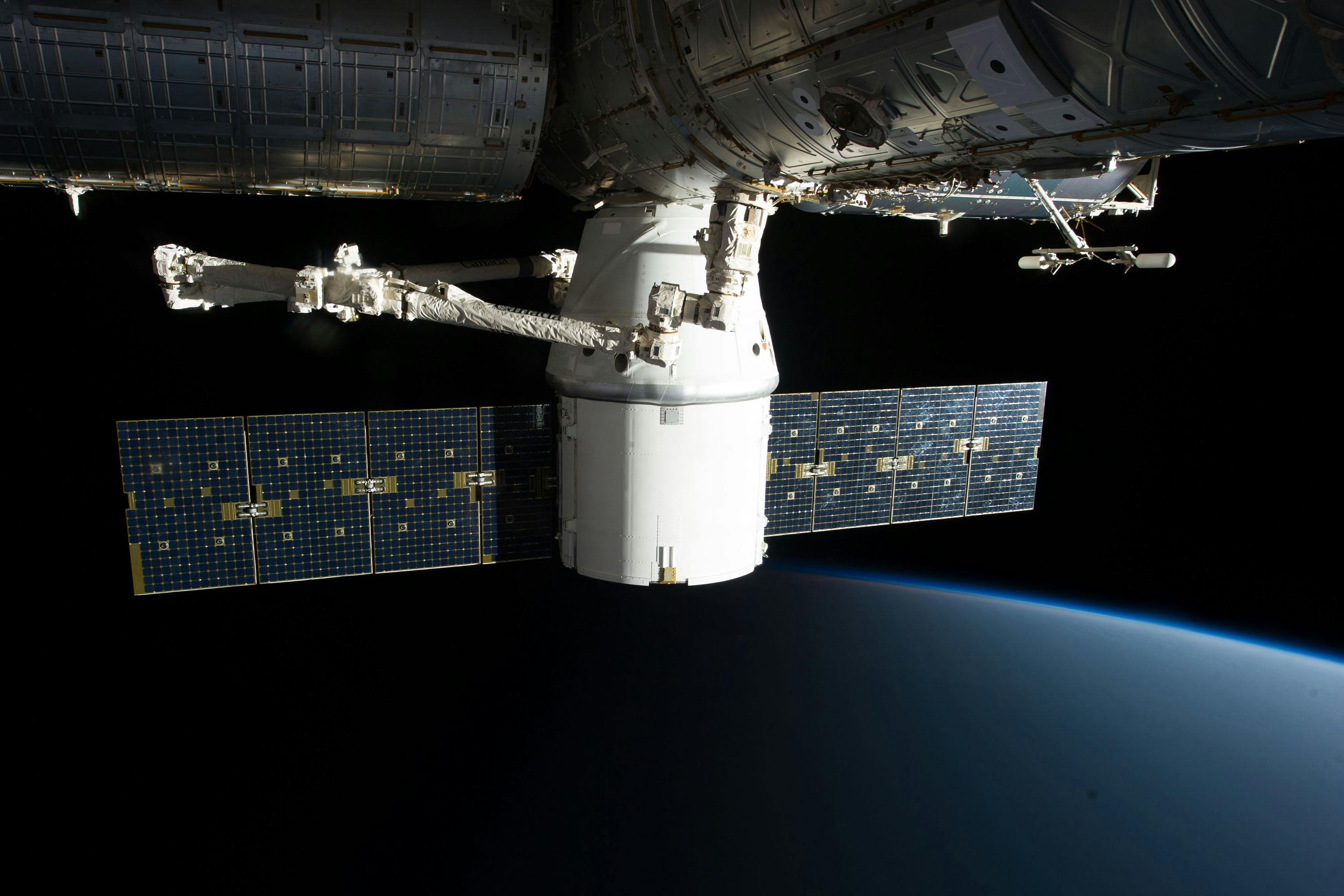
Introduction
The space race has entered an emotional chapter for India, marking a significant milestone in its growing presence in the cosmos. With a soaring vision for the future, Group Captain Shubanshu Shukla, a test pilot from the Indian Air Force, made history by becoming the first Indian astronaut to visit the International Space Station (ISS). This moment not only showcases individual triumph but reflects the broader aspirations of a nation rapidly advancing in its space endeavors.
Shubhanshu Shukla | From Gandhinagar to the Stars
Born in Gujarat, Shubhanshu Shukla’s journey is one of determination and hard work, embodying India’s growing capabilities in space exploration. As an accomplished IAF test pilot, he dedicated years to mastering the art of flying and pushing the limits of technology. The ISS mission, however, represents a leap that transcends his previous experiences, elevating him to new heights—quite literally.
The mission launched from Cape Canaveral aboard SpaceX’s Falcon 9, signifies a groundbreaking collaboration between Axiom Space and NASA. As Shukla steps into the realm of the ISS, it becomes a momentous occasion for India, representing its inaugural human presence in one of the most advanced laboratories in space.
Axiom Mission 4 and the Technology Behind It
As Shukla embarked on this historic journey, he utilized the advanced Dragon capsule named ‘Grace.’ This state-of-the-art spacecraft is a testament to 21st-century engineering, designed for efficiency and safety. The Falcon 9 rocket, known for its reusability, propelled Shukla and his crew into orbit with remarkable precision.
The Dragon capsule is equipped with autonomous docking capabilities, life support systems, cutting-edge touchscreen controls, and a sophisticated heat shield, ensuring that astronauts experience the best that modern aerospace technology has to offer. Beyond comfort, the mission is pivotal because it fosters contacts within operational space systems, which will directly benefit India’s future endeavors in space travel.
Research in Space | India’s Scientific Contribution to the ISS
Once aboard the ISS, Shukla took on the roles of both astronaut and researcher. Collaborating with NASA and ISRO scientists, he conducted microgravity experiments that are crucial for India’s research capacity. These experiments play a significant role in understanding how astronauts will live and work in space for extended periods.
- Testing the effects of microgravity on food preservation: This research aims to enhance astronauts’ diets during long missions.
- Analyzing human-computer interactions in zero-gravity: Understanding how astronauts engage with technology in space environments is vital for future crewed missions.
The insights gained will directly impact India’s Gaganyaan Human Spaceflight Program, driving critical developments that would have been impossible to replicate on Earth.
The Gaganyaan Connection | India’s Indigenous Space Dream
The Gaganyaan mission aims to send astronauts into Earth’s orbit using indigenous technology and infrastructure. The development of this mission faced delays, primarily due to the COVID-19 pandemic and requisite technical reviews. However, Shukla’s experience on the ISS provides invaluable real-world insights, surpassing simulations and preparation routines.
Lessons Learned from the ISS:
- Astronaut training and mental preparedness: Understanding the psychological challenges of space travel has become paramount.
- Demonstration of life support systems: Gaining firsthand experience in managing life support during missions is crucial.
- Troubleshooting operational systems: Practical experience in diagnosing issues in spacecraft will enhance future missions.
As ISRO refines its environmental control and life support systems for the Gaganyaan mission, Shukla’s insights will be instrumental in advancing India’s space program, ensuring its success.
India’s Bright Future in Space
India’s aspirations extend far beyond low Earth orbit. In the wake of successful missions like Chandrayaan-3 and Aditya-L1, the roadmap ahead is ambitious and transformative. The country’s space agenda includes:
- Chandrayaan-4: India’s first Lunar Sample Return Mission scheduled for launch.
- The Indian Space Station: Plans for an indigenous space station by 2030 are ambitious and forward-thinking.
- Development of advanced robotics: Focusing on innovative robotic technologies and autonomous docking systems.
Shukla’s recent mission marks a critical step towards these grand visions, establishing a firm foundation for future explorations.
Rise of India’s Private Space Sector
While ISRO leads governmental space exploration, India’s private space industry has emerged as an essential contributor to this thrilling narrative. The synergy between government institutions and private enterprises has fueled tremendous growth in the sector. Companies such as Skyroot Aerospace, Agnikul Cosmos, and Pixxel are pioneering innovative solutions, from reusable rockets to satellite imaging technologies. This cooperation exemplifies the collaborative spirit that defines India’s approach to modern space exploration.
The Indian National Space Promotion and Authorization Center (IN-SPACe) is fostering this growth, allowing private firms to participate in space missions and contribute significantly to India’s space objectives.
Conclusion | A Nation Ascending
The journey commenced with a historic launch from Florida resonates across India, capturing the imaginations of millions. Group Captain Shubanshu Shukla’s mission transcends personal achievement; it embodies national pride and development. His presence at the ISS not only affirms India’s position as a key player in global space endeavors but positions the nation as a formidable competitor.
The wealth of data, experiences, and international partnerships from Shukla’s mission symbolizes the dawn of a new era—one where Indian astronauts, scientists, and startups collaborate seamlessly on the global stage of space exploration. As India aims for the stars, the mission continues, with aspirations extending far beyond the horizon, signifying that India’s adventure into the cosmos is just beginning.
